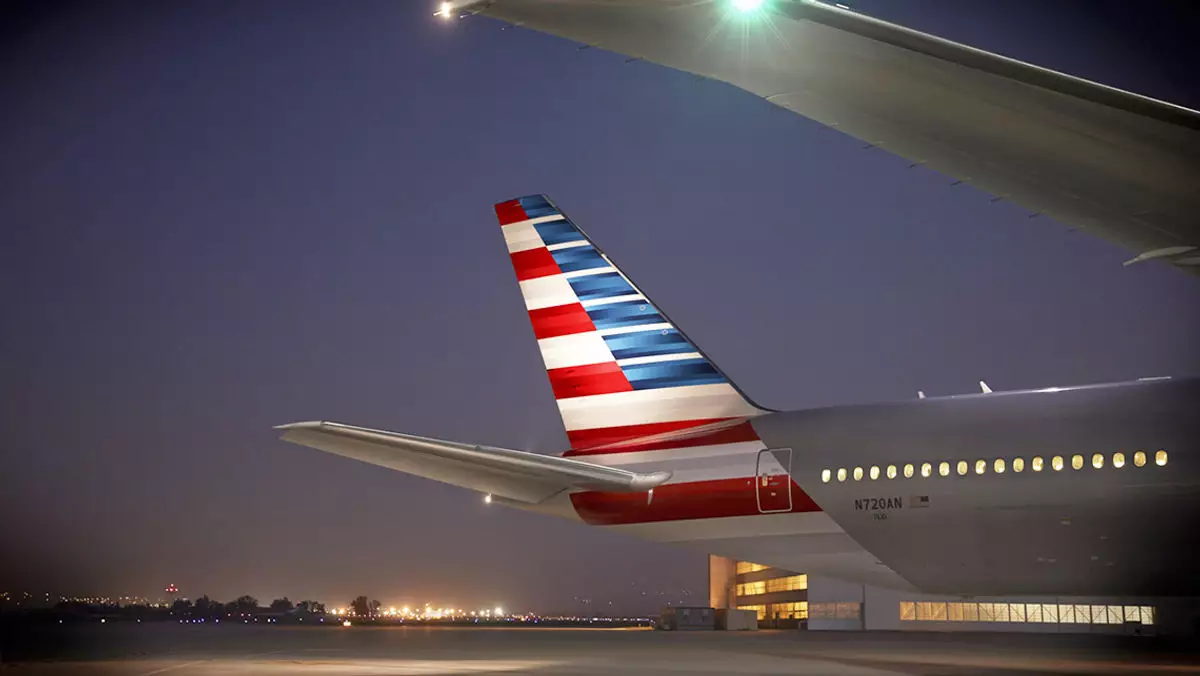American Airlines has taken a significant step to bolster its engagement with travel agencies and corporate customers by extending its New Distribution Capability (NDC) commission program until the end of the year. Initially set to expire on September 30, the program offers a 10% commission on specific NDC bookings, including its Main Plus, Main Select, and Flagship Business Plus bundles. This decision represents a shift in strategy, particularly after the airline abandoned a previous initiative that aimed to push travel agencies toward NDC booking technology through restrictive measures.
Reflecting on the airline’s previous attempts, it is clear that American Airlines faced challenges while navigating the complexities of modern booking technologies. The earlier strategy lasted 13 months and involved significant restrictions, including the removal of more than half of its fare content from traditional Global Distribution Systems (GDSs). Such abrupt changes may have left travel agents grappling to adapt, highlighting the need for a more supportive approach.
Embracing Dynamic Pricing
Scott Laurence, the vice president of partnerships and retailing at American Airlines, articulated a forward-looking vision for the airline. According to him, the key to driving NDC bookings lies in offering continuously priced dynamic fares, a practice already in operation by competing airlines such as United. Dynamic pricing, which provides real-time adjustments based on demand and supply fluctuations, stands to enhance customer experience by offering the best possible fares directly through NDC bookings.
The concept of continuous pricing stands in stark contrast to traditional booking methods that rely on static fare structures. Legacy distribution systems, which utilize established booking codes familiar to many travel advisors, are ill-equipped to support this innovative pricing model. Laurence emphasized that “continuous pricing is where the industry is going,” underlining its importance for customer satisfaction as well as its potential impact on the effectiveness of American Airlines’ offerings.
Acknowledging Potential and Experimentation
While the details of American’s experiments with continuous pricing remain undisclosed, the implications of such initiatives could be far-reaching. The potential success of this approach hinges on the ability to deliver competitive pricing while maintaining robust relationships with travel partners. By prioritizing dynamic fare structures, American Airlines aims to not only meet the evolving needs of tech-savvy travelers but also to entice business from agencies who may have previously shunned NDC due to its complexities.
Ultimately, the airline’s revised commission program signals a willingness to pivot and adapt in a rapidly changing industry landscape. American Airlines appears to be strategically aligning itself to leverage new technologies effectively while fostering closer partnerships with travel agencies. As competitors refine their use of NDC and dynamic pricing, the pressure will mount for American to prove that its program can deliver value, not only to customers and partners but to the airline itself.
American Airlines stands at a crossroads, striving to redefine its approach to distribution in a competitive market. This new direction, marked by the NDC commission extension, emphasizes cooperation and innovation, promising a closer alignment with modern travel demands as the industry continues to evolve.


Leave a Reply